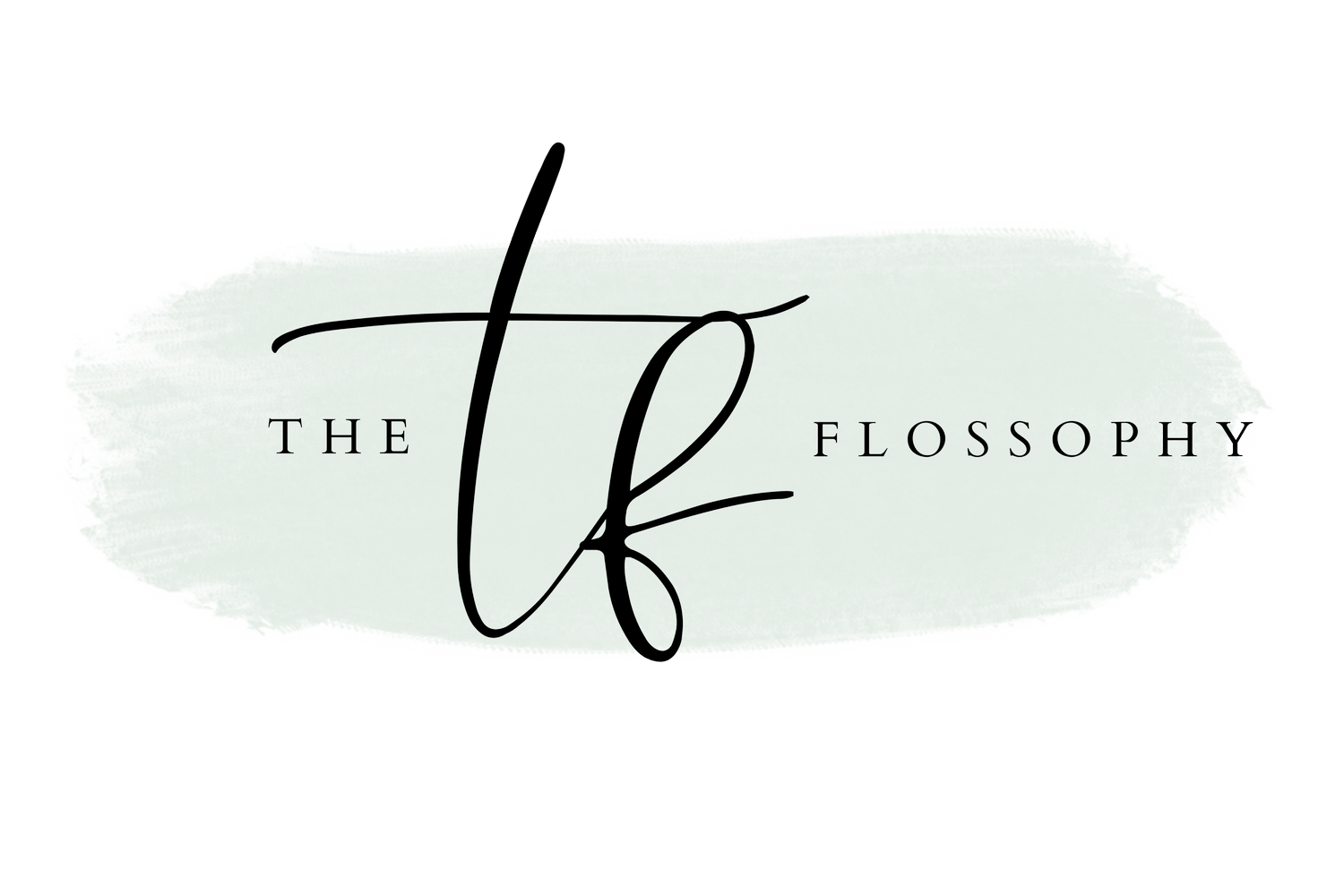Common Mouthwash Ingredients: Do they cause oral dysbiosis?
Here is a list of common mouthwash ingredients, their uses, and their effects on the oral microbiome, including whether they can cause oral dysbiosis:
1. Alcohol (Ethanol):
Use: Antiseptic and antibacterial agent, helps kill bacteria in the mouth.
Effect on Oral Microbiome: Can disrupt the balance of beneficial bacteria, potentially leading to dysbiosis if used excessively or for extended periods. Alcohol-free mouthwashes are available to mitigate this issue.
2. Chlorhexidine:
Use: Powerful antiseptic, often used for treating gum disease and after dental procedures.
Effect on Oral Microbiome: Can effectively kill harmful bacteria, but it may also disturb the balance of the oral microbiome with prolonged use, causing dysbiosis.
3. Cetylpyridinium Chloride (CPC):
Use: Antiseptic and antibacterial agent found in many commercial mouthwashes.
Effect on Oral Microbiome: May cause temporary disruptions to the oral microbiome but is generally considered safe for short-term use. Long-term use could potentially lead to oral dysbiosis.
4. Essential Oils (e.g., menthol, thymol, eucalyptol):
Use: Natural antiseptics with pleasant flavors used in some mouthwashes.
Effect on Oral Microbiome: These oils can help control harmful bacteria without causing severe disruptions to the oral microbiome. However, excessive use might lead to imbalances.
5. Hydrogen Peroxide:
Use: Antiseptic and helps control bacteria in the mouth.
Effect on Oral Microbiome: In low concentrations, it can be effective without causing significant dysbiosis. However, high concentrations or frequent use might negatively affect the oral microbiome.
6. Xylitol:
Use: Non-sugar sweetener that helps reduce plaque formation and tooth decay.
Effect on Oral Microbiome: Xylitol can be beneficial for oral health by discouraging harmful bacteria, but it does not cause oral dysbiosis.
7. Sodium Bicarbonate (Baking Soda):
Use: Helps neutralize acids and reduce bad breath.
Effect on Oral Microbiome: Generally safe and does not cause oral dysbiosis when used in moderation.
8. Triclosan:
Use: Antimicrobial agent found in some mouthwashes and toothpaste.
Effect on Oral Microbiome: Prolonged use of triclosan-containing products may lead to oral dysbiosis by disrupting the balance of the oral microbiome. It is no longer widely used in mouthwash formulations.
9. Sodium Chlorite:
Use: Antimicrobial, oxidizing agent that can help reduce the levels of harmful bacteria in the mouth, making it effective against certain types of oral infections and bad breath. When sodium chlorite comes into contact with acids, it releases chlorine dioxide, which has antimicrobial properties. Chlorine dioxide can kill bacteria and neutralize odorous compounds, making it a useful component in some mouthwashes to combat bad breath.
Effect on Oral Microbiome: There is limited research on the long-term effects of using sodium chlorite in mouthwash. Like any antimicrobial agent, excessive or prolonged use of sodium chlorite-containing mouthwash may disturb the balance of the oral microbiome, leading to oral dysbiosis.
9. Sodium Lauryl Sulfate
Use: Surfactant used in various personal care products, including some mouthwash formulations. It is primarily used as a foaming agent and a detergent to help create the foaming action often associated with cleaning products, such as toothpaste and mouthwash. It provides a sense of cleanliness and freshness. The foaming action can also help dislodge food particles and debris from between teeth and along the gumline.
Effect on Oral Microbiome: There is some concern that SLS can be harsh and may cause irritation in some individuals. Some studies have suggested that SLS can disrupt the oral mucosa, the protective lining of the mouth, and may contribute to the development of aphthous ulcers (commonly known as canker sores) in susceptible individuals, as well as sloughing (peeling) of the oral tissues. You can opt for mouthwash products that are labeled as “SLS-free” if you experience this irritation.
Oral dysbiosis refers to an imbalance or disruption in the normal microbial community (microbiome) that resides in the mouth.
In a healthy oral cavity, there is a diverse and balanced population of microorganisms, including bacteria, viruses, fungi, and other microorganisms. This balanced ecosystem contributes to overall oral health by helping to protect against harmful pathogens, supporting the immune system, and aiding in digestion.
However, various factors can lead to an alteration in this microbial balance, causing oral dysbiosis. Some of the factors that may contribute to oral dysbiosis include:
Poor Oral Hygiene: Inadequate brushing, flossing, and overall oral care can lead to an accumulation of plaque and harmful bacteria, disrupting the natural balance of the oral microbiome.
Diet: A diet high in sugars and carbohydrates can promote the growth of harmful bacteria in the mouth, potentially leading to dysbiosis.
Medications: Some medications can alter the oral environment or reduce saliva flow, creating conditions conducive to the overgrowth of certain microorganisms.
Smoking and Tobacco Use: Tobacco products can negatively impact the oral microbiome and increase the risk of dysbiosis.
Stress: Chronic stress can influence the immune system and may affect the oral microbiome.
Systemic Diseases: Certain systemic conditions and diseases can influence the oral microbiome and contribute to oral dysbiosis.
Alcohol and Antimicrobial Agents: Excessive use of alcohol-containing mouthwashes or strong antimicrobial agents can disrupt the natural balance of the oral microbiome.
When oral dysbiosis occurs, it can lead to various oral health issues, including bad breath (halitosis), tooth decay (cavities), gum disease (gingivitis or periodontitis), and other oral infections. Additionally, an imbalanced oral microbiome may also have broader implications for overall health, as it is linked to various systemic conditions, such as cardiovascular diseases, diabetes, and respiratory disorders.
Maintaining good oral hygiene practices, following a balanced diet, and using oral care products responsibly can help support a healthy oral microbiome and reduce the risk of oral dysbiosis. If you suspect oral dysbiosis or experience persistent oral health issues, it's essential to consult with a dentist for proper evaluation and guidance.

